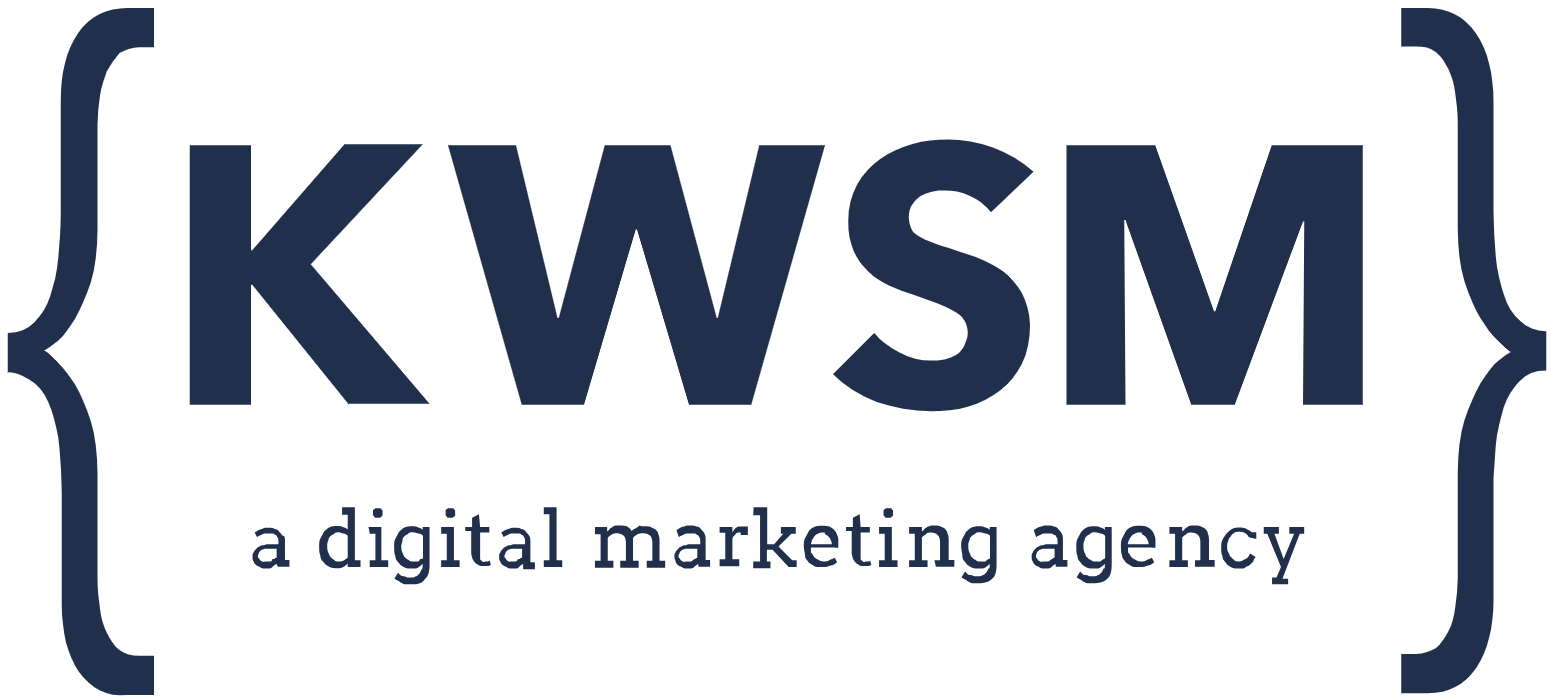
But what is local search, and how can you make sure you’re optimizing it?
Local search, or local search engine optimization (SEO), helps businesses promote themselves to local customers. Any time a user adds “near me” to a Google search, local SEO is delivering the results. Search engines rely on a variety of signals, and there are a large number of tactics you can use to optimize your SEO. As local search is continuing on an upward trajectory in 2020, it is becoming more imperative than ever that business owners get savvy with their digital initiatives to drive awareness and conversions by locals. Here’s how you can do it:
Optimize Google My Business
Creating or verifying your business listing on Google My Business is crucial for local search. Be sure to fill in your profile completely, utilize Google Posts within your account and encourage your customers to share local reviews.
Improve Internal Linking Structure
Internal linking is one of the easiest ways to boost your local SEO. By making sure your website links to pages on your site from various other pages on your site, you support natural website navigation, help Google with your information architecture, and create page authority. Try internal linking in your blog posts, too.
Optimize URL, Title Tags, Headers and Meta Description
Many business owners glaze over when they hear technical-sounding digital terms, but start with the basics! Every piece of content you create should receive a thoughtful, relevant URL, title tag, header and meta description. These elements are user-facing in the SERP, or search engine results page, and should be optimized with keywords and phrases that help Google decide whether to serve your website for a user’s searches.
Include Location Pages
Does your business have more than one location? Creating unique landing pages specific to different locations is helpful for your audience and your local SEO. Pro tip: be careful not to simply duplicate all content across different location pages; this can confuse customers and Google’s algorithm.
Ensure Mobile-Friendliness
If your website isn’t already mobile-friendly, your local search ranking is going to take a major hit. With cell phones being the most prominently used search device in 2020, a confusing and poorly optimized mobile site will hurt your business; people are often looking for your mobile site on the go, seeking directions to your establishment or contact information. These are prospects you can’t afford to alienate!
Get Inbound Links
Inbound links (from relevant and authoritative websites) that direct to your website are one of the most important elements of great SEO. They send a powerful message to Google’s algorithm that you are legitimate and valuable. So how do you get inbound links? Guest blogging, partnerships, influencer marketing, sponsorships, industry publications and online directories are a great way to start.
Engage On Social Media
Content shared on social media is more important for SEO than ever. Be sure to geotag your location in posts and stories to promote local reach and take advantage of the many interactive content tools available to you to engage your local audience. In-store only sales or promotions presented on social media are a fun way to make your local community feel valued.

Are you ready to come up in more search results, make sure the right people are finding you online, and generate the results you’ve been looking for? Our team remains on the cutting edge of constantly changing SEO trends.
CONTACT US to schedule a complimentary website audit to check your site’s performance.











